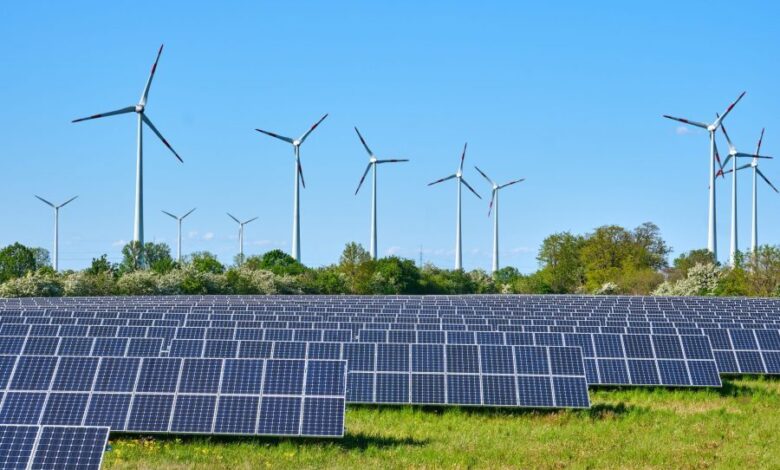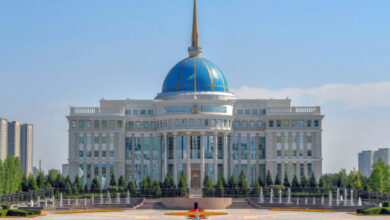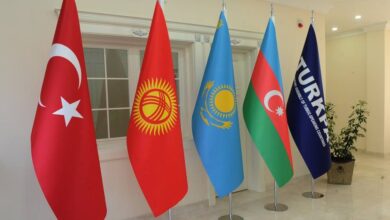
Kazakhstan and the European Union have agreed to jointly develop renewable energy projects in Kazakhstan. The goal is to increase the share of renewable energy in Kazakhstan’s energy balance to 15% by 2030.
Prime Minister Alikhan Smailov made the announcement at the 12th meeting of the dialogue platform “Kazakhstan-European Union”. He said that Kazakhstan has a great potential for renewable energy, and that the partnership with the EU will help the country to tap into this potential.
Smailov gave the example of the “green” hydrogen project that was launched in the Mangistau region in June. This project is a joint venture between Kazakhstan and a European company. It is expected to produce 100,000 tons of “green” hydrogen per year, which will be used to power vehicles and other equipment.
The Head of the EU Embassy in Kazakhstan, Kestutis Jankauskas, welcomed the agreement between Kazakhstan and the EU. He said that the EU is committed to the transition to a zero-emission economy by 2050, and that it is ready to support Kazakhstan on this path.
Jankauskas also noted the importance of transit and transport cooperation between Kazakhstan and the EU. He said that the Trans-Caspian international transport route is playing an increasingly important role in linking Europe and Asia.
The agreement between Kazakhstan and the EU is a significant step forward in the development of renewable energy in Kazakhstan. It is a sign of the growing cooperation between the two partners, and it is expected to help Kazakhstan to achieve its goal of increasing the share of renewable energy in its energy balance.
In addition to the “green” hydrogen project, Kazakhstan and the EU are also considering other renewable energy projects, such as solar and wind farms. The two partners are also working on developing a roadmap for the implementation of these projects.
The agreement between Kazakhstan and the EU is a positive development for both countries. It is a sign of their commitment to reducing greenhouse gas emissions and it is expected to help both countries to achieve their climate goals.



